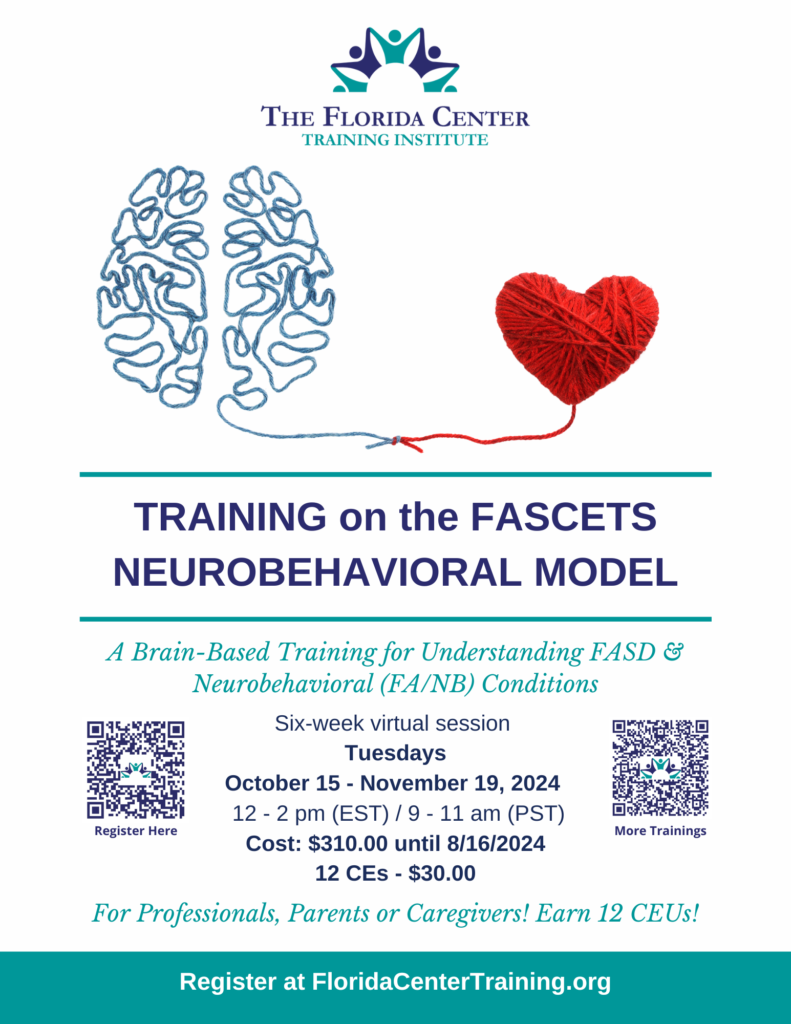Your cart is currently empty!

- This event has passed.
Creating a Circle of Hope for Women and their Families Living with Addiction, Stigma & Fetal Alcohol Spectrum Disorders (FASD)
September 9, 2024 @ 12:00 pm – 2:00 pm UTC+0
Free
Kathleen T. Mitchell, MHS, LCADC is Senior Vice President of FASD Prevention and Recovery Services at FASD United. With 24 years as Vice President and Spokesperson for FASD United, she holds a Master of Human Services (MHS) and is a licensed clinical alcohol and drug counselor (LCADC). In 2004, she founded the international birth mother mentorship program, the Circle of Hope (COH), and in 2020, founded Recovering Mothers Anonymous (RMA). She has led government projects on FASD prevention, stigma reduction, and family support, and has taught at Georgetown and Norhterwester University Medical Schools. Ms. Mitchell founded the Circle of Hope mentorship program and Recovering Mothers Anonymous. A noted speaker on FASD, Women and Addiction, and Sitgma, she has presented nationally and globally for over three decades. She testified at Congressional hearings that led to alcohol warning labels and has been featured in various media. She has authored 23 papers, handbooks, and curricula, and continues to speak at conferences and provide training through the COH speakers bureau in partnership with the American College of Obstetricians and Gynecologists. In the session, Ms. Mitchell explores the impact of addiction on women’s health, families, and children, including unborn babies. It covers research on cognitive, neurological, and behavioral disorders from prenatal alcohol exposure and examines research on stigma towards mothers who used substances during pregnancy. The session addresses how women living this experience face ongoing stigma and bias, removal of their children, and debilitating shame that can place them at risk for relapse. The focus of the session will be on how education on both addiction and recovery transforms systems or care to reframe both expectations and interventions to improve outcomes for women and their families. Participants will also learn about resources for women and their families. The learning objectives are 1. Identify three common cognitive or behavioral deficits in individuals with FASD., 2. Define stigma and describe one way it manifests towards women and mothers with AUD/SUD., 3. Discuss resilience traits in women and families affected by addiction or FASD., 4. Describe resources available for women and families living with FASD.


